So you’ve got the vision for your next (or first!) great story, and you’re aiming for getting it published. Go, you!
You know the over-arching plot, you think you have the perfect ending, and you just want to get it out there and have the world salivate all over it. But when you describe the story to people, they just nod all non-committal like and say, “Oh… sounds pretty cool.” And maybe they’re quick to change the subject after your verbal pitch.
So… now what?

imgur
Believe it or not, when you first start describing your book to people, their reactions are actually really important. Why? Because they’re letting you know what they think of your book—or at least what they think of the idea of your book. And, based on their age, gender, and even economic or political status, they’re showing you whether or not they are part of your target audience.
“But people will buy my book because it’s awesome!” you might shout.
And firstly, don’t shout, ‘cause I’m right here and already battling some tinnitus from my clubbing days. And secondly, some people will buy your book just “because,” or even to give it a chance to demonstrate its own merit when you’re having a .99c sale… but those people are usually the ones who come in all back of the bus ‘n shit, well after your book has had its chance to make it (or break it) out there in the world. And if you’re not reaching your target audience, then your book sales are going to flail around like a fish on the shore.
And those “buy it just because it’s cheap” people aren’t the people you are marketing to. So just exactly who are you trying to reach?
If you answer, “Well, my book is for everyone,” then… (LOUD BUZZER NOISE):

giphy
There is literally no way in hell you can pitch, market, and reach everyone. There just isn’t. It isn’t possible.
So, you need to decide early on several things about your book:
- Which genre you’re writing in
- Who this book might appeal to
- How you can reach that audience
Quick!
Describe your book in one to two concise sentences.
Most people flounder here (including people who have already written, published and promoted the book), so don’t worry if it starts out somewhat like:
“It’s an awesome YA/urban fantasy/sci-fi/middle-grade/new adult/romance/rom-com/supernatural thriller with werewolves that turn into humans on the full moon that hunt down and attack other people. My main character is 14 years old and single-handedly ends up saving the world from this destruction.”
Like I said, this is a problem that many writers have, because when we have an idea, it burns within us. We focus so much on the writing of the idea that we have that we forget sometimes that we’re not just writing a book—we’re creating a sellable product. And that sellable product needs a well-defined audience. We need to know who we’re writing to, which means we need to develop something called the “proto-persona”—that is, the exact “type” of person we want to reach.
So first things first, we’re going to need to pare down that over-share spiel.
Since we’re talking mythological creatures in what sounds like an urban environment, I’m going to assume right off the bat that we’re not aiming for say, someone your grandpa’s age.

giphy
Something of interest to note when figuring out your audience: Women not only read more novels than men, but they also are more likely to read fiction than men are.
So immediately, we already know that if your book is fiction, then not only are men less likely to read it, they’ll also be less likely to enjoy it if they do. So we’re probably going to gear more toward the female side of our audience. But your character is 14… do you really think that someone 40 or older is going to want to read about a middle-schooler’s problems?
The age of your characters are IMPORTANT. Typically, people like reading about characters who are also in their same state of life. Whether that’s age, situation with a job, single- or married-dom, or anything else, it makes us feel good to read about people from a walk of life that we can relate to and understand. One of the easiest ways to do this is to focus on the age of your characters and have them in situations that are relatable to your audience. So if your character is 14, you’re probably appealing more to younger kids, but if you don’t want to write that young, then don’t! Let’s say your novel is looking more YA than middle-grade at this point because you want to include adult themes like sexin’ and swearin’.

giphy
So, let’s move the characters’ ages from 14 to around 18. Typically speaking, you will need to aim your character’s age right around the same age of the people you hope to reach. That means if you want to write about a 18-year-old girl, you will probably appeal most to people right around that age group (give or take about 10 years).
This will of course vary, but essentially, you’ve just defined your market as appealing to 15-25 year-old ladies who enjoy supernatural or urban fantasy tales.
This means your themes, ideas, and the drama within the pages needs to be relatable to this type of person. If your character is still in school, then younger readers will relate more, but older readers can still appreciate it. If your character is struggling with their lycanthropy while working a shitty job with low pay and inconsistent hours, then your older audience will relate more, but younger audience members might still enjoy it.
Either way, you’re creating your market as you write your book, which is incredibly helpful when you’re trying to figure out who will buy it, read it, and tell all of their friends about it.
While creating your proto-persona really isn’t too hard, it can seem utterly daunting. Knowing your audience is important when you’re figuring out who to market to, but really, your book can speak for itself, so just let it guide you!
Photo: WeHeartIt









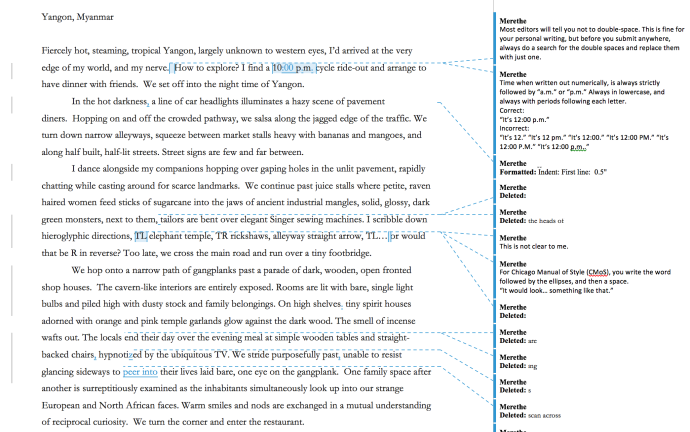


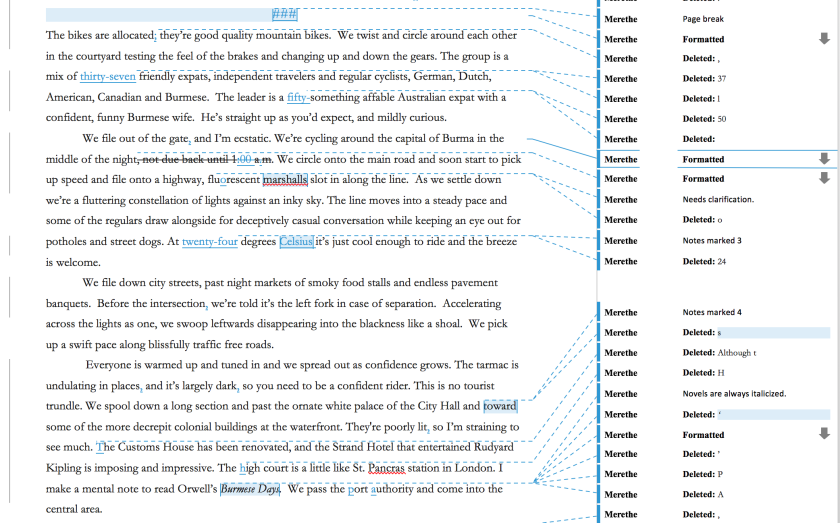 Notes 3. You definitely want to specify to your readers about anything related to temperature. Given that we Americans can’t figure out degrees in Celsius to save our hides, we instinctually fall back on the Fahrenheit degree base, and twenty-four degrees in Fahrenheit does not a pleasant bike ride make! If your readers might be from various parts of the English-speaking world, make sure to specify things like this just so they don’t have to double take to figure out what you mean.
Notes 3. You definitely want to specify to your readers about anything related to temperature. Given that we Americans can’t figure out degrees in Celsius to save our hides, we instinctually fall back on the Fahrenheit degree base, and twenty-four degrees in Fahrenheit does not a pleasant bike ride make! If your readers might be from various parts of the English-speaking world, make sure to specify things like this just so they don’t have to double take to figure out what you mean.
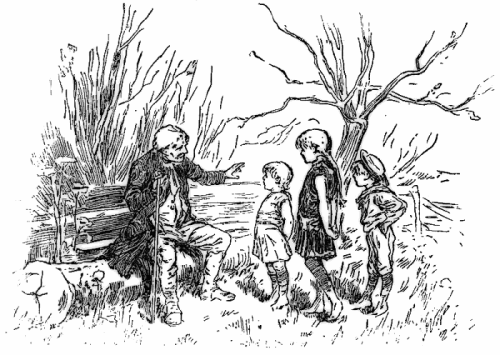

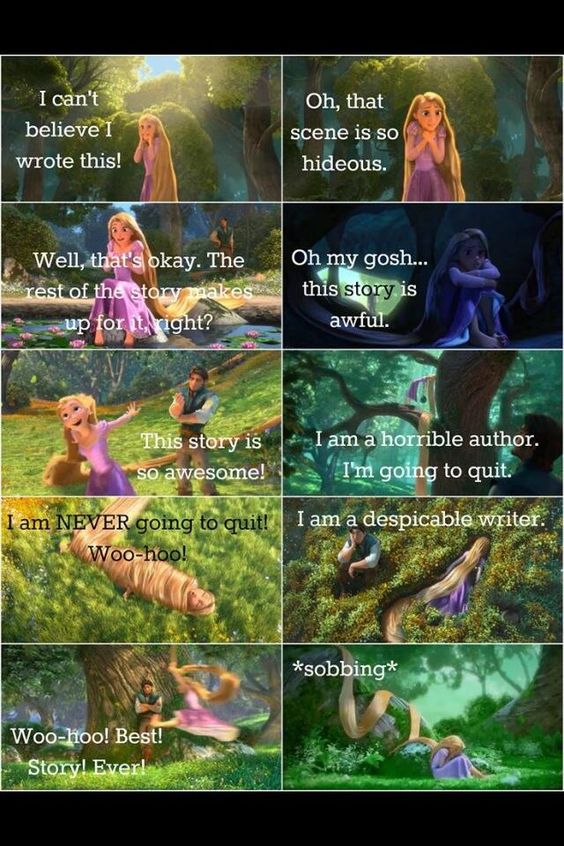


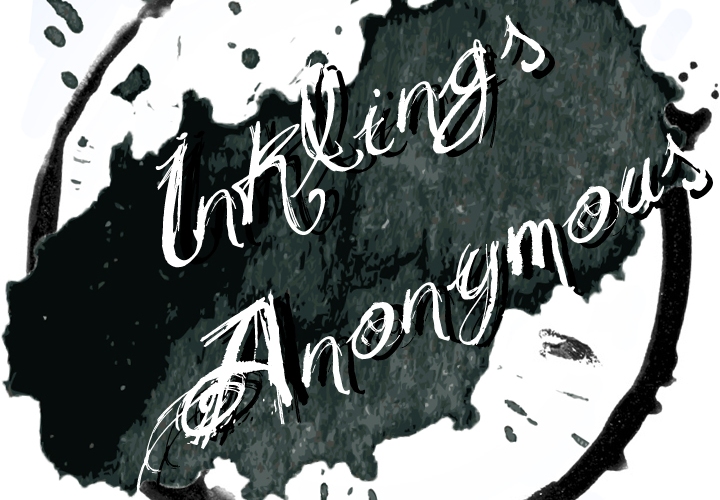







You must be logged in to post a comment.